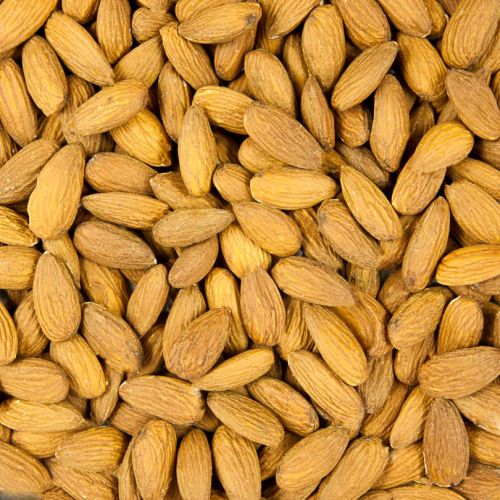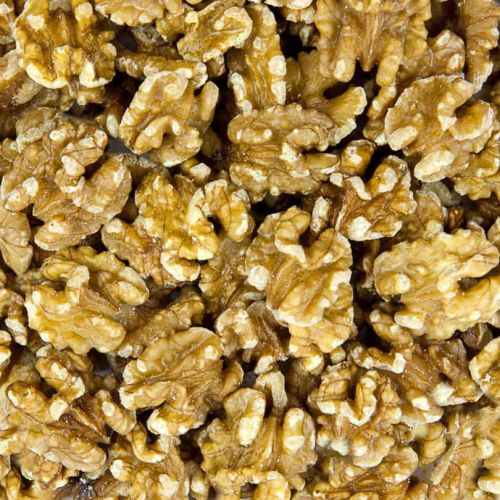

Photo Credit: "© [Olena Rudo] / Adobe Stock
For many people thinking of switching to a meat-free diet, the big question to be answered is - how will it affect my body?
While everyone is different, it’s important to understand the changes your body undergoes once a conscious decision has been made to stop eating meat.
While general health, genetics as well as your overall diet can influence how your body responds, there are key changes that may be experienced with such a dietary shift.
Unsurprisingly, plant-based diets tend to be lower in saturated fats and calories. This reduction is important when considering weight management and can help in maintaining a healthy body mass index (BMI). Rich in fibre, a meat-free diet is also considered to help with feelings of fullness which can, in turn, contribute to eating less. This is an important consideration for both those looking to maintain their current weight or to lose some.
Because it is significantly lower in saturated fats, a meat-free diet may lead to reduced cholesterol levels which can result in better heart health. According to the British Heart Foundation high cholesterol can contribute to too much cholesterol in your blood. “Eating too much saturated fat reduces the liver’s ability to remove cholesterol, so it builds up in the blood. If you don’t take steps to lower high cholesterol, it can increase your risk of heart attack and stroke.”
A review of 40 scientific studies by Current Hypertensive Reports Journal suggests that a plant-based diet can reduce blood pressure. It is thought that a lower salt content and higher intake of potassium-rich foods can make a meaningful difference in hypertension levels.
Often people believe losing meat from their diet will affect their energy levels and, if sporty, their performance ability. However, some experience increased energy levels due to higher amounts of nutrient-dense foods. Tennis superstar Novak Djokovic has followed a plant-based diet for many years and continues to be at the peak of his highly demanding sport. He cites what he eats as a contributing factor to his success.
Meat is known as a good source of protein, iron, zinc, and certain B vitamins. But plantbased foods such as legumes, nuts, seeds, whole grains, and fortified products including almond milk, can also provide all these key nutrients. However, some people may require a vitamin B12 supplement to replace what is lost through dropping meat from your diet.
One thing to consider is the impact a plantbased diet may have on your sources of omega-3 fatty acids which are important for heart and brain health. While fish is a common source, plant-based alternatives, such as flaxseeds, chia seeds and walnuts, can provide your body with what it needs.
Not only do plant-based diets promote the growth of beneficial gut bacteria, but they can also assist with reduced inflammation which has been associated with many chronic conditions and diseases.
One potential downside to note is a possible short-term increase in gas or bloating, but this will improve as your body gets used to its new diet.
With so many potential science backed health benefits and positive changes deriving from a plant-based approach to eating this really does appear to be a clear path to conscious eating.
And three more reasons to quit…
There are many personal health reasons to stop eating meat but put in a global context, a plant-based diet takes on a more compelling aspect. Here are three reasons that may make a difference when it comes to making the change:
- Environmental impact: Half of the world’s habitable land is used for agriculture and the meat industry is a significant contributor to environmental degradation as it requires vast amounts of land, water and resources which contributes to the carbon footprint.
- Biodiversity Protection: Deforestation for livestock farming contributes to habitat destruction and loss of biodiversity. Choosing plant-based foods supports efforts to preserve those habitats, protect endangered species and maintain ecological balance.
- Ethical Concerns: Many people give up meat over worries about animal welfare. The conditions animals are kept when in an industrial setting are sometimes cramped and overcrowded. Plant-based eating reflects a commitment to reducing animal suffering.






